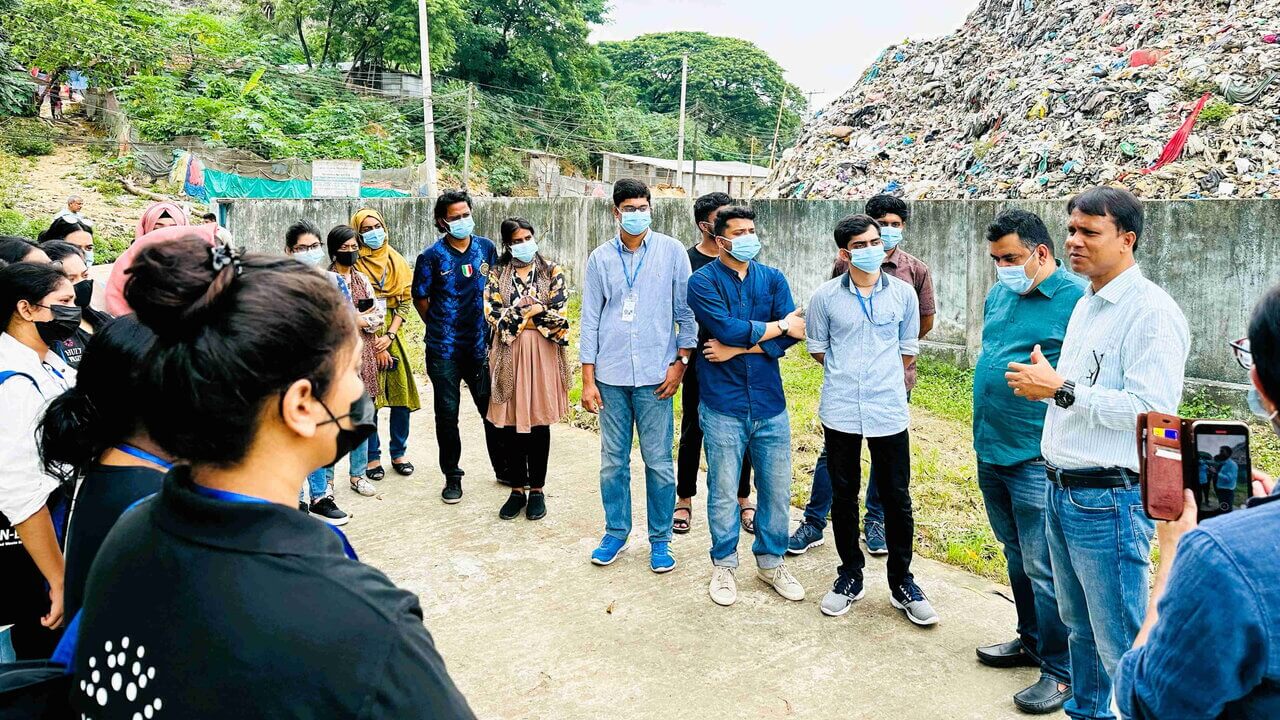Off grid living groups – Off-grid living groups represent a growing movement of individuals seeking self-sufficiency and a closer connection with nature. These communities, driven by diverse motivations ranging from environmental concerns to a desire for greater autonomy, are increasingly attracting attention. This exploration delves into the multifaceted aspects of these groups, examining their resource management strategies, social structures, technological reliance, economic models, and the inherent challenges and risks.
From sustainable water systems and renewable energy solutions to community governance and conflict resolution, the complexities of off-grid living are significant. This analysis will unpack the key elements contributing to both the success and the potential pitfalls of these unique communities, offering insights into their sustainability and long-term viability.
Off-Grid Living Groups: A Growing Trend
The allure of self-sufficiency and a closer connection with nature is driving a surge in the popularity of off-grid living groups. These communities, characterized by their commitment to living independently of traditional utility services, represent a diverse range of lifestyles and organizational structures. This article explores the multifaceted aspects of off-grid living groups, examining their defining characteristics, resource management strategies, social dynamics, technological reliance, economic models, and inherent challenges.
Defining Off-Grid Living Groups, Off grid living groups

Source: al811.com
Off-grid living groups encompass a wide spectrum of communities, united by their shared goal of minimizing reliance on external infrastructure. These groups range from small, family-based units to larger, intentional communities with complex social structures. Motivations for joining such groups are equally diverse, including a desire for environmental sustainability, economic independence, community building, spiritual growth, and a rejection of mainstream societal norms.
Successful off-grid communities often exhibit strong leadership, shared values, effective communication, and a well-defined decision-making process. Legal and regulatory frameworks surrounding off-grid living vary significantly depending on location, encompassing land ownership regulations, building codes, and environmental protection laws. Many groups navigate these frameworks by obtaining the necessary permits and complying with relevant regulations to ensure their legal standing.
Resource Management in Off-Grid Groups
Sustainable resource management is paramount for the long-term viability of off-grid communities. Water management strategies often involve rainwater harvesting, efficient irrigation techniques, and greywater recycling. Energy production frequently relies on renewable sources like solar and wind power, with careful distribution systems ensuring equitable access. Food production emphasizes permaculture, organic farming, and preservation methods like canning and fermentation. Waste management systems typically incorporate composting, recycling, and reduction strategies, aiming for minimal environmental impact.
| Waste Type | Collection Method | Processing Method | Disposal/Reuse |
|---|---|---|---|
| Organic Waste | Composting bins | Composting | Soil amendment |
| Recyclable Materials | Designated bins | Sorting and cleaning | Sale or donation |
| Non-Recyclable Waste | Designated bins | Burning (if permitted) or burying | Incineration or landfill (if accessible) |
Social Dynamics and Governance within Off-Grid Communities
Off-grid communities employ various governance structures, ranging from consensus-based decision-making to more hierarchical models. Conflict resolution mechanisms, such as mediation and restorative justice, are crucial for maintaining social harmony. Fostering social cohesion requires open communication, shared responsibilities, and regular community events. A well-defined community agreement Artikels shared values, responsibilities, and dispute resolution processes, providing a foundational document for group functioning.
Technological Aspects of Off-Grid Living Groups
Appropriate technology plays a vital role in the success of off-grid living. Water purification and sanitation rely on systems like rainwater harvesting, filtration, and composting toilets. Renewable energy technologies are central to off-grid energy independence.
The rise of off-grid living groups reflects a growing desire for self-sufficiency and a simpler lifestyle. Many of these groups are finding inspiration and practical advice from established off-grid communities, particularly in regions like British Columbia, where resources for off grid living bc are readily available. This exchange of knowledge and experience strengthens the overall off-grid movement, fostering innovation and resilience within these self-governing communities.
- Solar photovoltaic (PV) systems
- Wind turbines
- Hydropower (where feasible)
- Biogas digesters
Communication systems range from satellite phones to amateur radio, each with its own advantages and disadvantages regarding cost, reliability, and range. Essential tools and equipment encompass hand tools for construction and maintenance, along with specialized items for water purification and energy generation.
Essential tools include a reliable water pump, a solar panel maintenance kit, and a generator for emergencies.
A well-stocked first-aid kit is absolutely critical.
Economic Models and Sustainability in Off-Grid Groups
Off-grid communities utilize diverse economic models to support their lifestyles. These include bartering systems, communal resource sharing, and the production and sale of goods and services. Economic self-sufficiency often involves diversifying income streams, reducing consumption, and prioritizing local trade. Long-term sustainability hinges on responsible resource management, community resilience, and adaptability to changing circumstances. Income generation can involve sustainable practices like crafting, farming, and offering services such as carpentry or repair work.
Challenges and Risks Associated with Off-Grid Living Groups

Source: ac.bd
Off-grid living presents various environmental, health, and safety challenges. Resource depletion, climate change impacts, and potential for environmental degradation are significant concerns. Health risks may include limited access to healthcare, exposure to environmental hazards, and potential for foodborne illnesses. Safety concerns encompass fire hazards, wildlife encounters, and the need for self-reliance in emergency situations.
Risk mitigation strategies include comprehensive emergency preparedness plans, robust health and safety protocols, and diversification of resource acquisition. A natural disaster, such as a wildfire or flood, could severely impact an off-grid community’s infrastructure, food supply, and access to essential resources. A recovery plan would necessitate pre-established communication networks, stockpiled supplies, and a clear division of labor to address immediate needs and rebuild damaged infrastructure.
Conclusion: Off Grid Living Groups
The rise of off-grid living groups highlights a growing desire for alternative lifestyles and a deeper engagement with environmental stewardship. While these communities face unique challenges, their innovative approaches to resource management, social organization, and economic sustainability offer valuable lessons for a world increasingly concerned about resource depletion and climate change. Further research and understanding of these groups are crucial for informing sustainable practices and fostering resilient communities in the face of future uncertainties.
